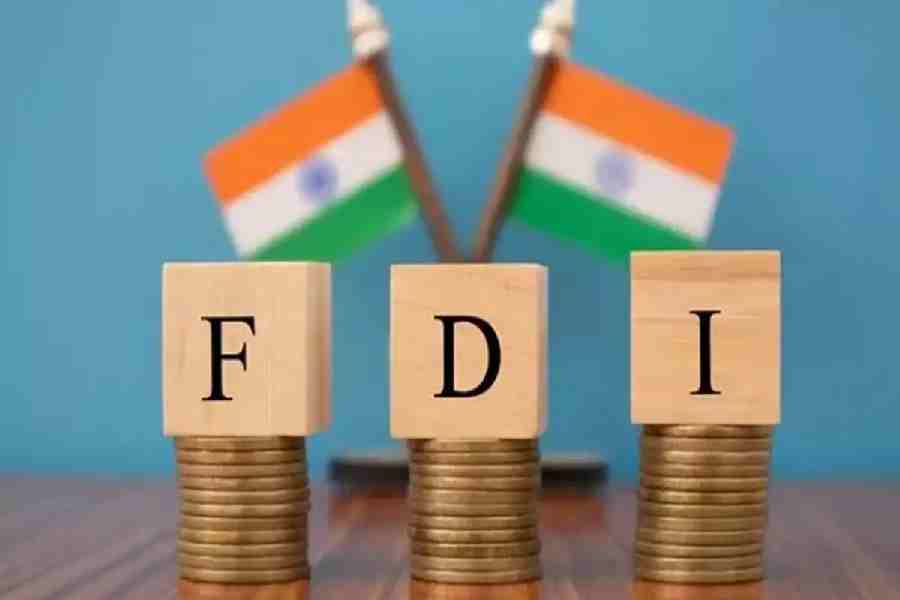In a strategic move to bolster India's appeal as a prime investment hub, Finance Minister Nirmala Sitharaman announced significant tax cuts and eased regulations in the 2024-25 budget. The corporate tax rate for foreign firms will be reduced to 35 per cent from the previous 40 per cent, and the government will simplify norms for foreign direct investment (FDI) and overseas investments.
"To attract foreign capital for our development needs, I propose to reduce the corporate tax rate on foreign companies from 40 to 35 per cent," Sitharaman declared in her budget speech.
Finance ministry officials stated that this initiative aims to align foreign firms more closely with domestic industries. Vinita Krishnan, Executive Director - Direct Tax at Khaitan & Co., noted that the highest effective tax rate for foreign companies would now drop from approximately 43.7 per cent to around 38 per cent.
"This reduction is particularly beneficial for foreign companies with an established presence in India, such as bank branches and infrastructure firms with project offices in the country," Krishnan explained. She added that the change also favours those earning short-term capital gains from unlisted shares or securities, interest income, or other high-taxed income, irrespective of any relief provided by applicable tax treaties.
Sitharaman further revealed plans to streamline FDI and overseas investment regulations to facilitate investments, encourage prioritization, and promote the use of the Indian Rupee in overseas investments.
Equalisation levy
Finance minister Nirmala Sitharaman announced the proposal to withdraw the 2 per cent equalisation levy, marking a significant relief for digital companies. The withdrawal is set to take effect on August 1, 2024.
The equalisation levy, introduced in 2016, aimed to tax profits generated by non-resident digital companies providing services to Indian firms or those with a physical establishment in India. This move was intended to level the playing field with local players.
Initially, the government imposed a 6 per cent levy on specified digital services, such as online advertising. In April 2020, the scope of the equalisation levy expanded to include non-resident e-commerce operators, applying a 2 per cent tax on payments received for online sales of products or services, provided the aggregate sales exceeded ₹2 crore in a financial year.
Finance ministry officials clarified that while the 2 per cent levy will be withdrawn, the 6 per cent levy remains in place.











